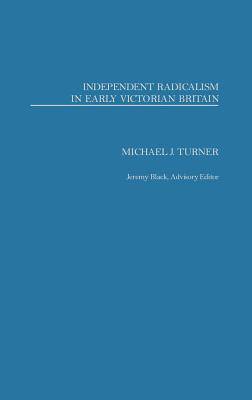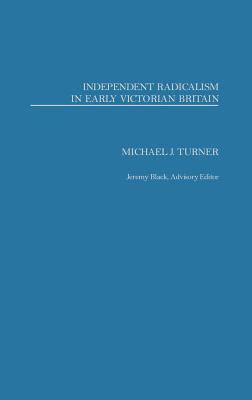
- Retrait gratuit dans votre magasin Club
- 7.000.000 titres dans notre catalogue
- Payer en toute sécurité
- Toujours un magasin près de chez vous
- Retrait gratuit dans votre magasin Club
- 7.000.0000 titres dans notre catalogue
- Payer en toute sécurité
- Toujours un magasin près de chez vous
Description
The reasons why people arise to express dissatisfaction with their present situation, and how they imagine and work towards an alternative, have enduring relevance. The reform campaigns of 19th-century Britain are of interest not only in their own right, but also because of what they reveal about processes of political and social change. This book examines the personal, social, political, ideological, and tactical components of radicalism in Britain between the 1820s and 1860s, and casts new light on the meaning, nature, and reception of reform during this period. The main avenues of inquiry are provided by the career of Thomas Perronet Thompson, a prominent MP, political economist, and writer who helped to shape and articulate an independent radicalism, which, with its distinctive commitments, outlook, and identity, has not previously been defined or explained.
By relating Thompson's career to wider developments, and investigating the generation and impact of independent radicalism, this book deepens our understanding of 19th-century British reformers and clarifies the relationship between parliament and people and the extent to which decisions taken at the top were made in response to--or in spite of--pressure from below. Turner's findings will be of interest not only to students of the past, but also to observers of current and ongoing struggles between forces of conservatism and reform.Spécifications
Parties prenantes
- Auteur(s) :
- Editeur:
Contenu
- Nombre de pages :
- 315
- Langue:
- Anglais
Caractéristiques
- EAN:
- 9780275973865
- Date de parution :
- 30-07-04
- Format:
- Livre relié
- Format numérique:
- Genaaid
- Dimensions :
- 160 mm x 245 mm
- Poids :
- 657 g

Les avis
Nous publions uniquement les avis qui respectent les conditions requises. Consultez nos conditions pour les avis.






